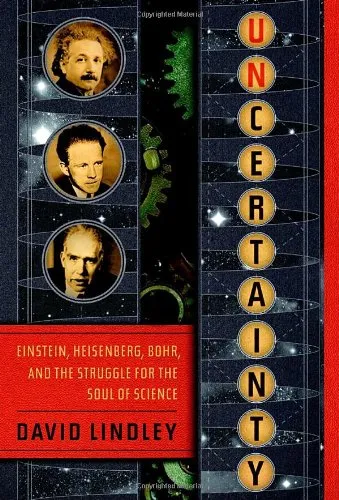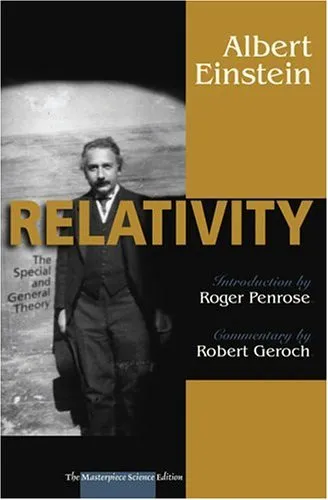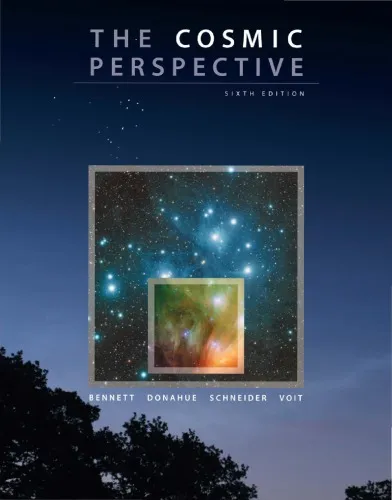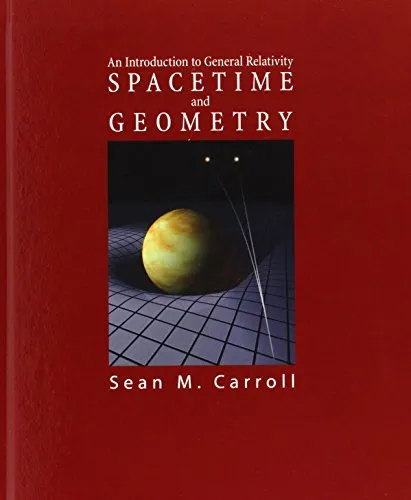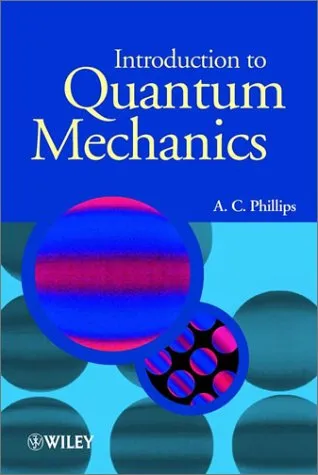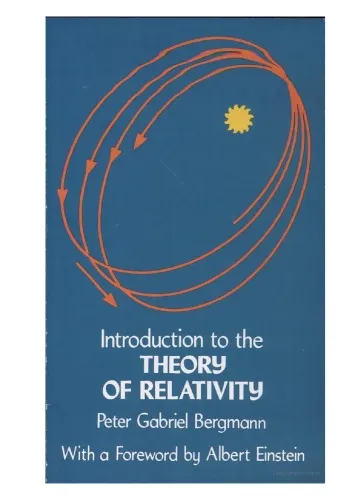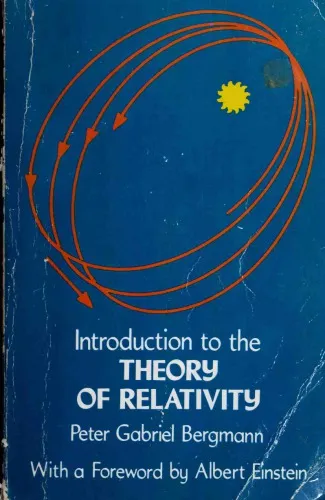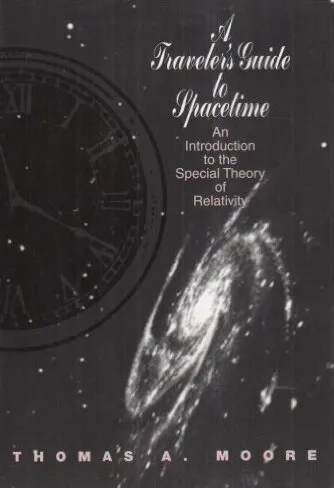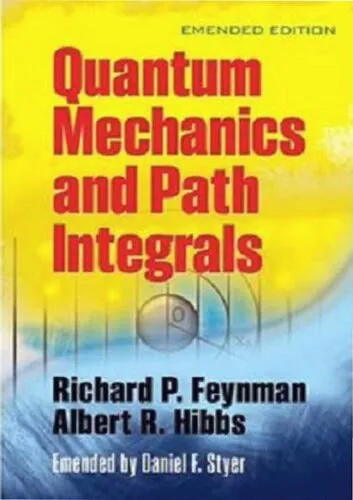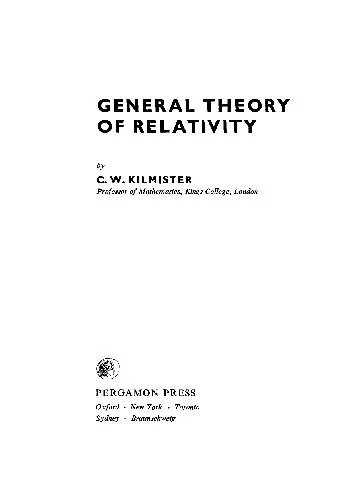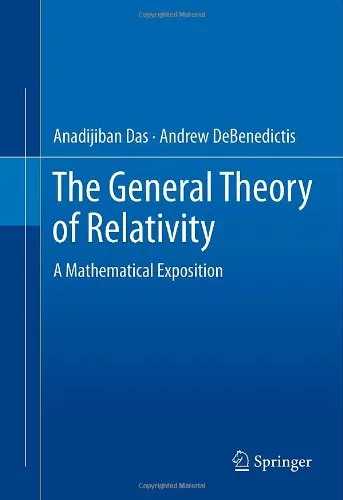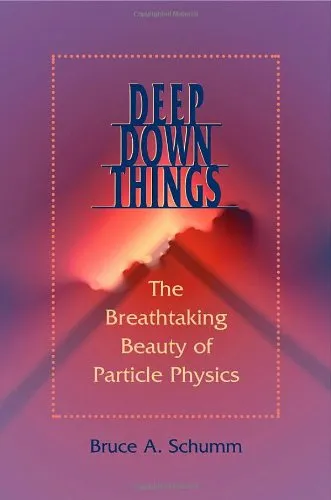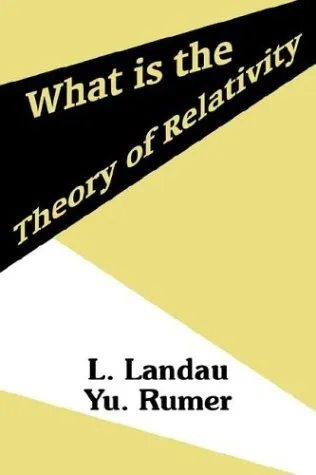Uncertainty: Einstein, Heisenberg, Bohr, and the Struggle for the Soul of Science
4.2
Reviews from our users

You Can Ask your questions from this book's AI after Login
Each download or ask from book AI costs 2 points. To earn more free points, please visit the Points Guide Page and complete some valuable actions.Related Refrences:
Introduction to "Uncertainty: Einstein, Heisenberg, Bohr, and the Struggle for the Soul of Science"
"Uncertainty: Einstein, Heisenberg, Bohr, and the Struggle for the Soul of Science" is an intellectual and historical exploration of one of the most impactful scientific debates of the 20th century. The book dives into the clash of ideas between some of history's greatest scientists, as they grappled with fundamental questions about the nature of reality, the behavior of particles, and the limitations of human knowledge. Richly detailed and accessible, this book offers readers a window into the philosophical and scientific paradigm shifts that shaped modern physics.
At its core, "Uncertainty" is not just about physics but about the human story of discovery, disagreement, and the search for truth. It examines the delicate interplay of intellect and ego, highlighting the profound impact of key figures such as Albert Einstein, Werner Heisenberg, and Niels Bohr. Their debates were not only about equations and experiments but also about the meaning of science itself and its role in understanding the universe.
The book provides historical and intellectual context for the development of quantum mechanics and examines its broader implications. By focusing on uncertainty as a principle – both in physics and in life – this work encapsulates a struggle that goes beyond the confines of science to ask questions about how we pursue knowledge and accept what we may never truly understand.
Detailed Summary of the Book
"Uncertainty" unfolds as a gripping narrative centered around the development of quantum mechanics during the early 20th century.
The central theme of the book is the concept of uncertainty, famously encapsulated by Werner Heisenberg’s uncertainty principle, which challenged the deterministic view of science that had dominated since Newton. The story begins with the rise of quantum physics and the conflicts it sparked among the scientific giants of the period. Drawing from rich biographies and historical accounts, the book describes how Albert Einstein fought to preserve a deterministic perspective of the universe, famously insisting that "God does not play dice with the universe." In contrast, Niels Bohr, championing quantum mechanics, argued that uncertainty and probability are inherent to nature itself.
Another key figure in this intellectual drama is Werner Heisenberg, who introduced the uncertainty principle, which posits that certain pairs of physical properties (like position and momentum) cannot be simultaneously measured with perfect precision. This principle became a cornerstone of quantum mechanics and was staunchly defended by Bohr and others. The book traces the heated debates between these figures, particularly the Bohr-Einstein debates, at Solvay conferences and beyond. These discussions were not merely technical but had deep philosophical implications about the nature of reality and the limits of human understanding.
Through elegant prose, "Uncertainty" explains these abstruse concepts in a way that is accessible to lay readers without oversimplification. It paints a vivid picture of the cultural, scientific, and personal contexts in which these debates occurred, shedding light on the personalities and emotions that influenced the direction of science.
Key Takeaways
- The uncertainty principle represents a fundamental property of the quantum world that challenges deterministic notions of reality.
- The debates between Einstein, Heisenberg, and Bohr highlight the deep philosophical rifts that scientific progress can create.
- Science is not just about equations and experiments; it is shaped by human ambition, intuition, and dialogue.
- Quantum mechanics revolutionized our understanding of the universe and the limits of human knowledge.
Famous Quotes from the Book
Throughout "Uncertainty," several thought-provoking quotes capture the philosophical depths of science:
"To truly understand quantum mechanics, one must embrace the idea that uncertainty is not a limitation of our thinking but a reality in and of itself."
"Einstein’s resistance to quantum mechanics was not a rejection of science but an affirmation of his belief in its ultimate coherence."
"By embracing uncertainty, Bohr and Heisenberg did more than challenge Einstein’s ideals – they redefined the nature of knowledge."
Why This Book Matters
"Uncertainty: Einstein, Heisenberg, Bohr, and the Struggle for the Soul of Science" offers readers far more than an understanding of quantum mechanics. It bridges the gap between science and philosophy, inviting readers to reflect on the human quest for knowledge and the inherent limitations of that pursuit. By examining the personal struggles and insights of three of the 20th century’s most brilliant minds, the book transcends the boundaries of physics to speak to anyone curious about the nature of truth and the intellectual challenges of their time.
The book also serves as a reminder of the human element in scientific discovery. The personalities, egos, and philosophical convictions of the scientists involved shaped the discourse as much as their equations and experiments. This interplay of human emotions and intellectual rigor makes the story uniquely compelling.
Above all, "Uncertainty" is an invitation to marvel at the mysteries of the universe and embrace the idea that not everything can – or should – be neatly resolved. By reflecting on our limitations, we gain a more profound appreciation for the infinite possibilities of discovery.
Free Direct Download
You Can Download this book after Login
Accessing books through legal platforms and public libraries not only supports the rights of authors and publishers but also contributes to the sustainability of reading culture. Before downloading, please take a moment to consider these options.
Find this book on other platforms:
WorldCat helps you find books in libraries worldwide.
See ratings, reviews, and discussions on Goodreads.
Find and buy rare or used books on AbeBooks.
1436
بازدید4.2
امتیاز0
نظر98%
رضایتReviews:
4.2
Based on 0 users review
Questions & Answers
Ask questions about this book or help others by answering
No questions yet. Be the first to ask!
